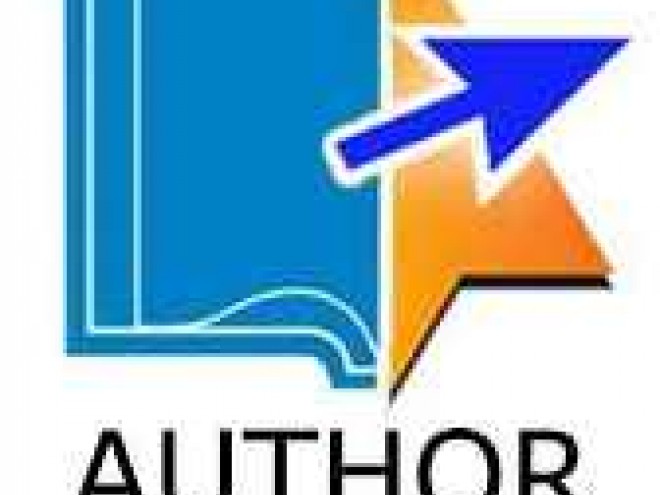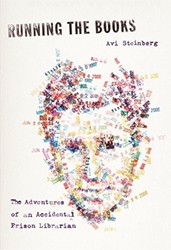You might well ask what business a Jewish author has writing a memoir about The Book of Mormon.
Absolutely none, if that author lives in Israel — all the more so if he lives in its religious capitol; which is exactly how memoirist and former prison librarian Avi Steinberg fell into it. Steinberg’s Journey Through the Mystic Lands of Nephi, Zarahemla, and Kansas City, Missouri began with the deliberately futile quest for a copy of Joseph Smith’s opus as a means of procrastination and escape while the author contended with the separate pressures of marriage and publication from his home in Jerusalem, where Mormon proselytization (including its scripture) has been banned since the mid-1980s. Steinberg’s hunt for the heretical volume was only one among many unlikely self-imposed sisyphean tasks undertaken for the sole purpose of avoiding the revision process on his first book. From his post at a sleepy Mahane Yehuda junk shop, our hero widened his search to a sojourn through the supposed landmarks of this “much-welcomed addition to the shelf of Bible punk lit,” from the City of David to Central America to upstate New York.
Intrigued by the book since hearing a synopsis mid-makeout session in his sophomore year of college, Steinberg’s interest in the mythology — “It sounded like backstory to every Jewish American novel of the twentieth century, to the kind of literature that had gotten me interested in literature to begin with” — grew into a fascination with its author as fellow writer, megalomaniac, and deeply malcontented young man. “Happy people don’t think about angels,” The Lost Book of Mormon opens. “And they certainly don’t see angels. As for holding extended conversations with them, that’s only for the truly, irretrievably miserable.”
Without angels of his own with which to traverse the existential miseries of modern day, Steinberg follows those spun into being in The Book of Mormon from their ancestors’ alleged departure from Jerusalem — and the delusional syndrome associated with the ancient, holy city — through Mormonism’s Mesoamerican religious landmarks and the annual Hill Cumorah Pageant off of I‑90. His musings on the story, faith, and culture in which he has immersed himself are aided and assisted by his own religious upbringing: examining The Book of Mormon brings about observations on Judaism and its practices and prophets in Steinberg’s signature, knowledgeable humor. To study Joseph Smith’s life and legacy is, for Steinberg, a refreshing reflection on the Hebrew Bible, our hero’s childhood in Jerusalem, the nostalgia for belief of his youth. “Happy people don’t write books, just as happy people don’t see angels,” Steinberg discovers upon reaching purportedly reaching Zarahemla (Chiapas, Mexico). “The kind of person who writes a book is the kind of person who feels that something really important is missing or lost or not right with the world, that some story needs to be told, to be preserved. For people who write bibles, the situation is even starker. The thing they are missing, the lost cause they hope to preserve with their book, is nothing less than the story of faith itself. It is one of the great ironies, one of the secrets of religion, that bibles are actually written by those who have lost faith.”
Quirky, profound, and unequivocally Jewish, Avi Steinberg’s sophomore memoir is as compelling as its premise is bizarre: a Jewish reading of The Book of Mormon as a guide for the perplexed, as a manual for storytelling, and, possibly, as the Great American Novel.
Related Content:
- Read Avi Steinberg’s Visiting Scribe essays
- Internal Dialogue: What’s With All the Social Justice Seders?
- Michael Levy: Just Like Comrade Karl Marx
Nat Bernstein is the former Manager of Digital Content & Media, JBC Network Coordinator, and Contributing Editor at the Jewish Book Council and a graduate of Hampshire College.



